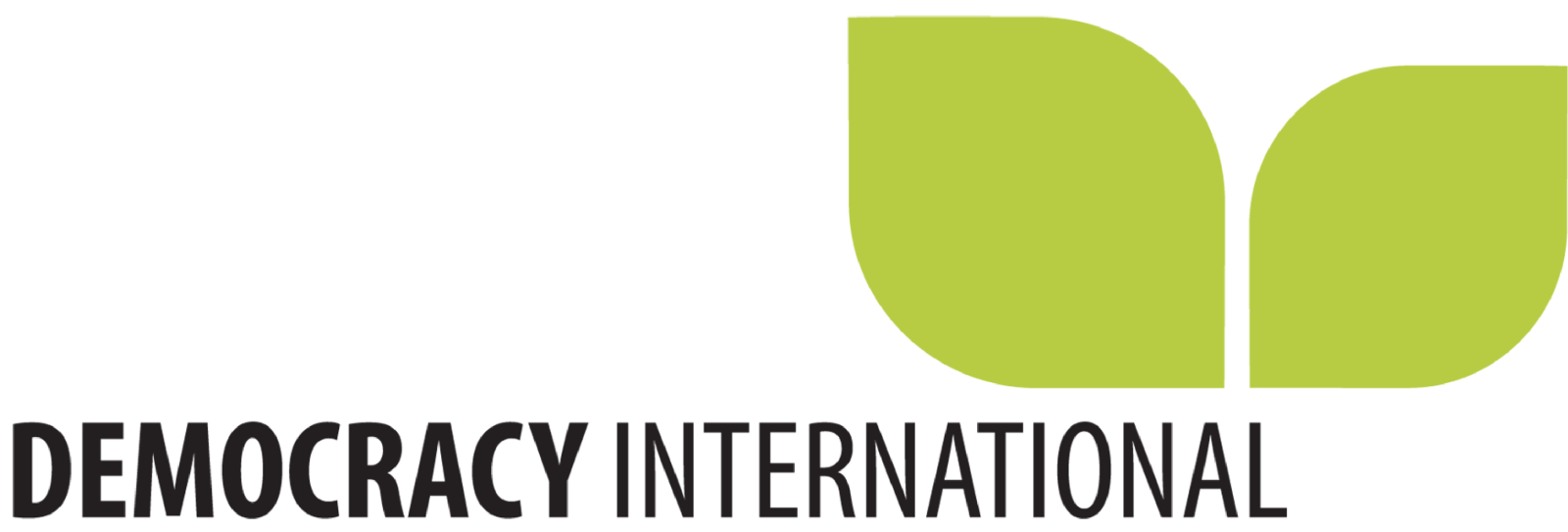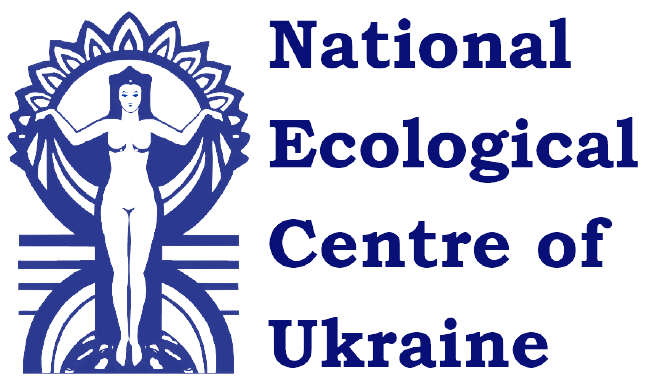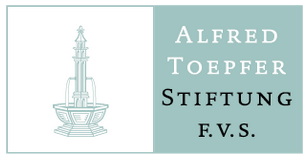
Environmental crimes are accruing every minute in Ukraine. Since the 24th of February, the Russian military has fired more than 2000 missiles into Ukraine, and over 85,000 tons of destroyed Russian military equipment are spreaded all over the country. Explosions release tons of poisonous chemicals into the air, water, and soil.
Nature suffers during this time of war and the world’s climate is suffering even more. Nature has no borders and therefore it is crucial to emphasize the Russian military aggression in Ukraine and its impact on the whole environment. Therefore, the discussion of global dependencies concerning fossil fuels gets more and more important, as the usage of Russian fossil fuel imports is not only damaging the climate and endangering energy security but also comes with extreme costs for social justice and human rights. Can we already speak about “Ecocide” as a legal instrument for climate accountability?
The assessment of cases of potential environmental damage caused by Russia’s aggression plays an important role when it comes to documenting the consequences of the war and collecting evidence for international courts. Our partner organization NECU (National Ecological Center of Ukraine) is monitoring such cases. On this page, you can find a form to document environmental crimes in Ukraine. Let’s spread the word about the crimes that are happening, let’s collect them and share them and stand for Ukraine and our environment.
Join our online and offline events to learn more and exchange some ideas!

“Every day of the war adds new severe crimes to the already long list of deliberate ecocides against Ukraine and the world. We are talking about the poisoning of water, soil, and air along with nuclear threats or shelling of oil depots. “
Our offline events in Cologne and Wroclaw and one of the online events will cover the topic of environmental consequences of war. Wars enhance the contribution to environmental devastation. Nevertheless, we do not want to only focus our talk on environmental crimes comitted by the Russian agression in Ukraine, but like to have a look on international dependencies and what we can learn from the current situation for now and in future.
Read about the definition of ecocide and which environmental consequences a war can cause in Nele’s introductionary article:

It is impossible to say exactly how the discussion will proceed offline or online, it depends entirely on the participants and the direction they want to take the topic. We can only give the rough structure of the event and formulate a few questions that describe our topic a little better.
The discussion about the environmental consequences of the war will take around 1,5h. We will introduce the topic at the beginning with some example cases on a small level and want to lead the discussion to a bigger and more general ground. Afterward, we’ll try to come up together with a summary and some ideas for a better future.
The input of the discussion will be selected and in a summarized way sent to the EU Parliament. Your voice won’t be overheard!
Some questions about the topic could be:
How does the ongoing war influences the environment?
Is the teminology “Ecocide” justified?
What is the role of Europe?
Did you witness any form of environmental violation in Ukraine due to the agression of the Russian military?
If you witnessed a crime or you know someone who did, please fill out or share our form below.
Our team works together with the National Ecological Center, an NGO in Ukraine, on a form that is meant to collect violations against the environment in Ukraine caused by the Russian military.
The collected data will then be used as evidence in court proceedings.

Links
- Ecoaction, the Center for Environmental Initiatives, is a civil society organization with the goal to protect the environment. They mostly consult the government or other organisation to act environmental friendly. On the website you can find the latest news about environmental topics in general and in Ukraine.
- Green European Journal is one of Europe’s biggest political ecologicy magazine. They just published an article about the environmental cost of war in Ukraine.
- Ukrainer is a media platform, informing about every small aspect in Ukraine. They also write about environmental topics like in their latest article “Crimes against the environment after one month of Russia’s war against Ukraine”.
- The Ministry of Ecology and Natural Resources of Ukraine published in March an article about their “record of environmental damage inflicted by russian aggression in Ukraine”.
Videos
- Discussed impacts of war on climate and environment with Global Landscape Forum with Iryna Stavchuk (Deputy Minister – Ministry of environmental protection and natural resources of Ukraine// former Head of climate change department of NECU)

Environmental crimes are accruing every minute in Ukraine. Since the 24th of February, the Russian military has fired more than 2000 missiles into Ukraine, and over 85,000 tons of destroyed Russian military equipment are spreaded all over the country. Explosions release tons of poisonous chemicals into the air, water, and soil.
Nature suffers during this time of war and the world’s climate is suffering even more. Nature has no borders and it is crucial to emphasize the Russian military aggression in Ukraine and its impact on the whole environment. Therefore, the discussion of global dependencies concerning fossil fuels gets more and more important, as the usage of Russian fossil fuel imports is not only damaging the climate and endangering energy security but also comes with extreme costs for social justice and human rights. Can we already speak about “Ecocide” as a legal instrument for climate accountability?
The assessment of cases of potential environmental damage caused by Russia’s aggression plays an important role when it comes to documenting the consequences of the war and collecting evidence for international courts. Our partner organization NECU (National Ecological Center of Ukraine) is monitoring such cases. On this page, you can find a form to document environmental crimes in Ukraine. Let’s spread the word about the crimes that are happening, let’s collect them and share them and stand for Ukraine and our environment.
Join our online and offline events to learn more and exchange some ideas!

The discussion about the environmental consequences of the war will take around 1,5h. We will introduce the topic at the beginning with some example cases on a small level and want to lead the discussion to a bigger and more general ground. Afterward, we’ll try to come up together with a summary and some ideas for a better future.
The input of the discussion will be selected and in a summarized way sent to the EU Parliament. Your voice won’t be overheard!
Some questions about the topic could be:
How does the ongoing war influences the environment?
Is the teminology “Ecocide” justified?
What is the role of Europe?

Environmental crimes are accruing every minute in Ukraine. Since the 24th of February, the Russian military has fired more than 2000 missiles into Ukraine, and over 85,000 tons of destroyed Russian military equipment are spreaded all over the country. Explosions release tons of poisonous chemicals into the air, water, and soil.
Nature suffers during this time of war and the world’s climate is suffering even more. Nature has no borders and therefore it is crucial to emphasize the Russian military aggression in Ukraine and its impact on the whole environment. Therefore, the discussion of global dependencies concerning fossil fuels gets more and more important, as the usage of Russian fossil fuel imports is not only damaging the climate and endangering energy security but also comes with extreme costs for social justice and human rights. Can we already speak about “Ecocide” as a legal instrument for climate accountability?
The assessment of cases of potential environmental damage caused by Russia’s aggression plays an important role when it comes to documenting the consequences of the war and collecting evidence for international courts. Our partner organization NECU (National Ecological Center of Ukraine) is monitoring such cases. On this page, you can find a form to document environmental crimes in Ukraine. Let’s spread the word about the crimes that are happening, let’s collect them and share them and stand for Ukraine and our environment.
Join our online and offline events to learn more and exchange some ideas!

“Every day of the war adds new severe crimes to the already long list of deliberate ecocides against Ukraine and the world. We are talking about the poisoning of water, soil, and air along with nuclear threats or shelling of oil depots. “
Our offline events in Cologne and Wroclaw and one of the online events will cover the topic of environmental consequences of war. Wars enhance the contribution to environmental devastation. Nevertheless, we do not want to only focus our talk on environmental crimes comitted by the Russian agression in Ukraine, but like to have a look on international dependencies and what we can learn from the current situation for now and in future.
Read about the definition of ecocide and which environmental consequences a war can cause in Nele’s introductionary article:

The discussion about the environmental consequences of the war will take around 1,5h. We will introduce the topic at the beginning with some example cases on a small level and want to lead the discussion to a bigger and more general ground. Afterward, we’ll try to come up together with a summary and some ideas for a better future.
The input of the discussion will be selected and in a summarized way sent to the EU Parliament. Your voice won’t be overheard!
Some questions about the topic could be:
How does the ongoing war influences the environment?
Is the teminology “Ecocide” justified?
What is the role of Europe?
Did you witness any form of environmental violation in Ukraine due to the agression of the Russian military?
If you witnessed a crime or you know someone who did, please fill out or share our form below.
Our team works together with the National Ecological Center, an NGO in Ukraine, on a form that is meant to collect violations against the environment in Ukraine caused by the Russian military.
The collected data will then be used as evidence in court proceedings.

Links
- Ecoaction, the Center for Environmental Initiatives, is a civil society organization with the goal to protect the environment. They mostly consult the government or other organisation to act environmental friendly. On the website you can find the latest news about environmental topics in general and in Ukraine.
- Green European Journal is one of Europe’s biggest political ecologicy magazine. They just published an article about the environmental cost of war in Ukraine.
- Ukrainer is a media platform, informing about every small aspect in Ukraine. They also write about environmental topics like in their latest article “Crimes against the environment after one month of Russia’s war against Ukraine”.
- The Ministry of Ecology and Natural Resources of Ukraine published in March an article about their “record of environmental damage inflicted by russian aggression in Ukraine”.
Videos
- Discussed impacts of war on climate and environment with Global Landscape Forum with Iryna Stavchuk (Deputy Minister – Ministry of environmental protection and natural resources of Ukraine// former Head of climate change department of NECU)

Links
- Ecoaction, the Center for Environmental Initiatives, is a civil society organization with the goal to protect the environment. They mostly consult the government or other organisation to act environmental friendly. On the website you can find the latest news about environmental topics in general and in Ukraine.
- Green European Journal is one of Europe’s biggest political ecologicy magazine. They just published an article about the environmental cost of war in Ukraine.
- Ukrainer is a media platform, informing about every small aspect in Ukraine. They also write about environmental topics like in their latest article “Crimes against the environment after one month of Russia’s war against Ukraine”.
- The Ministry of Ecology and Natural Resources of Ukraine published in March an article about their “record of environmental damage inflicted by russian aggression in Ukraine”.
Videos
- Discussed impacts of war on climate and environment with Global Landscape Forum with Iryna Stavchuk (Deputy Minister – Ministry of environmental protection and natural resources of Ukraine// former Head of climate change department of NECU)

“With the project, I want to experience perspectives on European values and the cohesion between Europe and Ukraine. I want to support the Ukrainian community as best I can and I’m already excited to exchange ideas with inspiring people in person.”
“I am eager to create a safe space for people to share their thoughts on our topics in the context of war. For me, it is important to bring the topic of environmental sustainability for a discussion.”
“I see this project as a great opportunity to create awareness regarding some non-obvious but still relevant topics and to help our Ukrainian society recover from this war.”
“My wishes for the project are to create an exchange and learn about language and culture. With the ongoing war, it is all the more important to give the possibility to understand and ask.”



Supported by

with funds from

and


